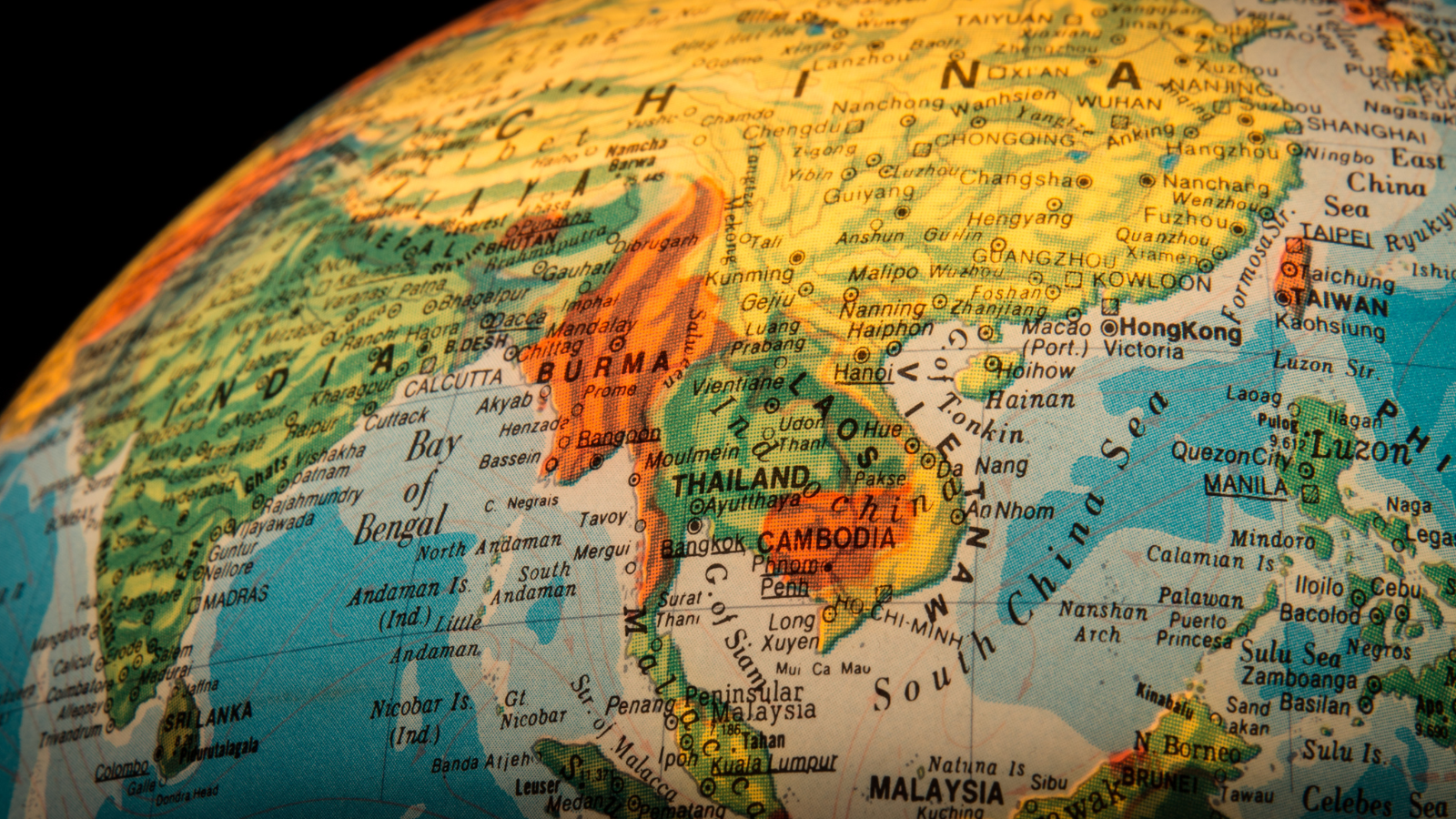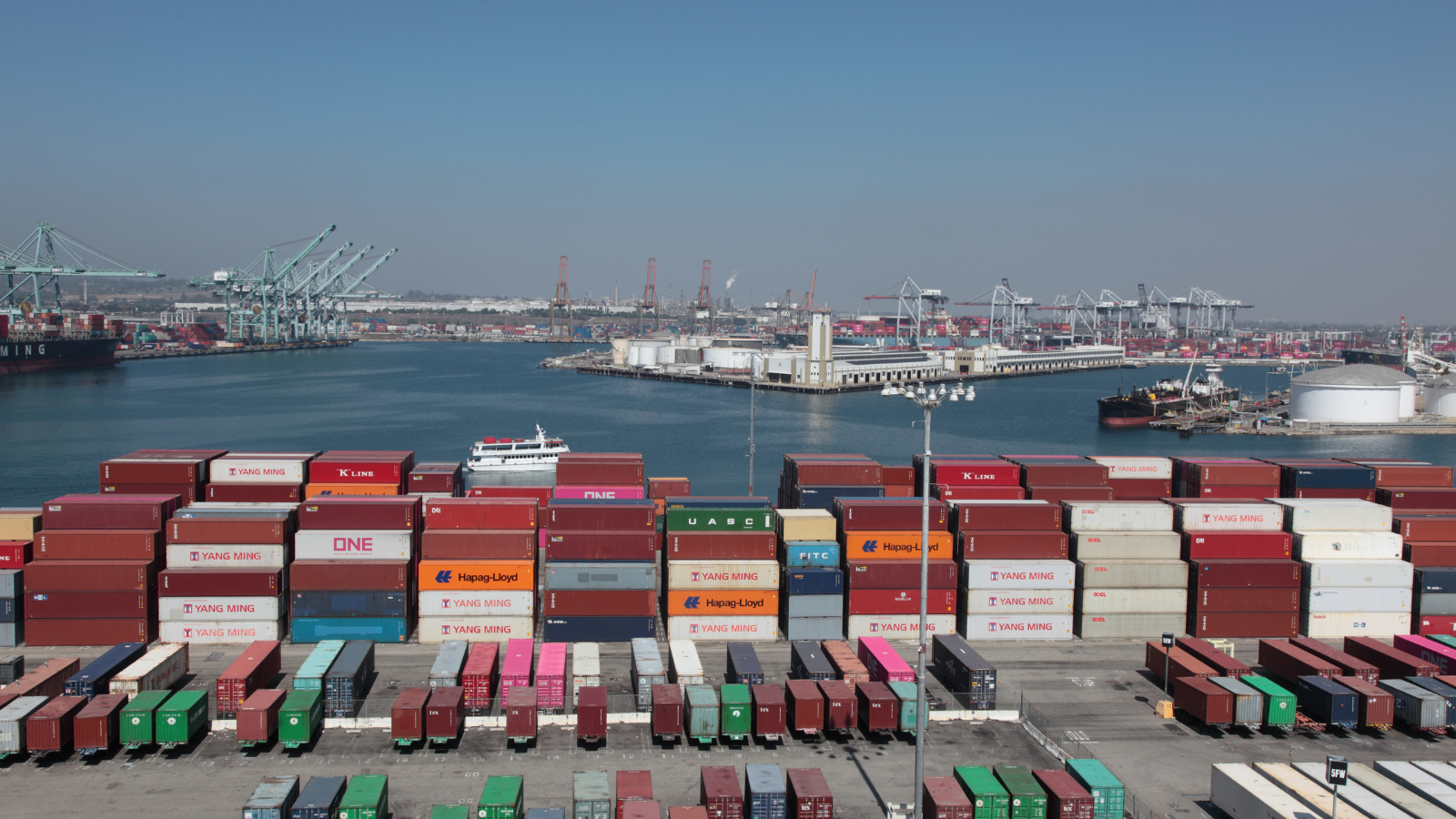Administration for Strategic Preparedness and Response gets restructuring regarding vaccine stockpiling
The Department of Health and Human Services has a smaller agency within it called the Administration for Strategic Preparedness and Response and it has been responsible for much of the vaccine supplies available to the public in recent years. In recent years there have been concerns about the effectiveness of ASPR in fulfilling its mission, and there have been calls for its restructuring.
One of the key criticisms of ASPR is that there is a lack of coordination between the agency and other public health agencies. This can lead to confusion and inefficiencies during emergency response efforts. There have been concerns that ASPR’s responsibilities overlap with those of other federal agencies, resulting in duplication of efforts and inefficiencies. Proposed changes include improving coordination, reducing duplication of efforts, providing adequate funding, and appointing strong leadership.
The COVID-19 pandemic has shifted perceptions around doomsday prepping, once considered the realm of conspiracy theorists.
Bankrupt trucking giant Yellow has announced it has fully paid back a contentious $700 million Covid loan from the U.S. Treasury Department, along with over $151 million in interest.
Congress is taking action to address the critical shortage of pharmaceutical drugs in the U.S., which has been exacerbated by the COVID-19 pandemic.
Amazon.com Inc. is doubling down on its fast-delivery capabilities for its Prime service following a temporary slowdown during the pandemic.
The COVID-19 pandemic forced a massive shift to remote work, leading to a surprising revelation that remote employees are not slackers but, in fact, work slightly longer hours than their office-based counterparts.
China's economic slowdown and declining exports are impacting ocean shipping, with the post-COVID rebound in domestic spending faltering.
The COVID-19 relief funds intended to combat the pandemic and stabilize the economy became the target of the greatest grift in U.S. history.
Increasing vessel arrivals at the Port of Los Angeles and Long Beach have been impacted by labor slowdowns, causing disruptions in supply chain operations.
Since implementing COVID restrictions and subsequently reopening its economy, China has been striving to generate positive momentum.
The COVID-19 pandemic led many companies to reevaluate their supply chains, which relied heavily on China, and look for alternatives such as India, which offers low-cost production.
In 2020, the coronavirus swept the world and had a detrimental impact on the economy.
The COVID-19 pandemic has exposed the weaknesses and vulnerabilities in the healthcare supply chain, but it has also created opportunities for healing and strengthening the supply chain.
Initially, the sudden surge in demand for essential goods, such as medical supplies and food, resulted in shortages and stockouts.
Diversifying supplier and production bases can help to reduce the risk of disruptions caused by the pandemic in a single location.
China’s “zero-covid” policies created massive lockdowns that softened the container delays and port congestion issues over the past few years.
The head of Conagra Brands Inc., CEO Sean Connolly, is speaking up about the growth of the frozen food industry.
With the Chinese New Year holiday around the corner, Chinese factories are struggling to keep their factories staffed while employees fall ill with Covid.
Supply chain managers globally are likely thinking that it’s the “same old song and dance”.
The growing public protest forced China and President Xi Jinping to pull back on the forced quarantines and factory lockdowns, but it remains to be seen if it’s too little too late for China’s global supply chain.
Scott Gottlieb spoke on CNBC’s ‘Closing Bell: Overtime’ in response to the latest Covid rules laid out by the United States federal government.
India, Vietnam, Thailand, Malaysia, and Bangladesh are all scrambling to replace China’s top spot as the manufacturing capital of the world after strict Covid-19 policies are sending global companies whirling.
According to the American Trucking Association, the estimated professional driver shortage has decreased to 78,000 as of October as compared to the number of 80,000 in 2021.
The aviation value chain refers to the various stages and activities that are involved in the production, distribution, and utilization of aviation-related goods and services.
James Pierson and Adam Andrzejewski penned an opinion piece for Newsweek on the matter, highlighting the pitfalls of the $787 billion appropriated to businesses under the Paycheck Protection Program (PPP).
The variant of COVID-19 that was said to destroy the Christmas season for retailers in 2021 is now in the backseat as the latest wave of strikes hit the United Kingdom’s rail network.
The nation’s two largest ports, Los Angeles and Long Beach were home to 109 containerships queuing off the coast as recently as January of 2022.
After several large protests and calls for President Xi Jinping to resign, Beijing has eased some of its anti-COVID measures.
While there have been many critics of China’s zero-Covid policy, it’s clear that the country’s flight activity is very indicative of the economic toll these policies are taking.
The possibility of a public health crisis seems to be fueling the doubling-down of strict Covid lockdowns within the country.































The COVID-19 pandemic has pushed companies to prioritize work-life balance, leading to happier, more productive employees.